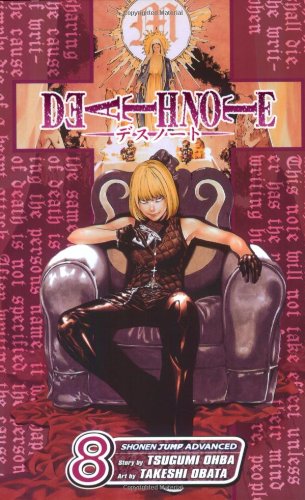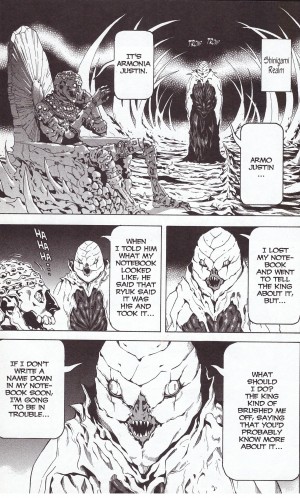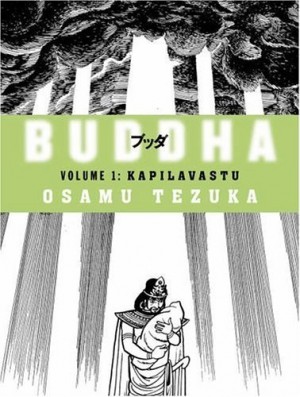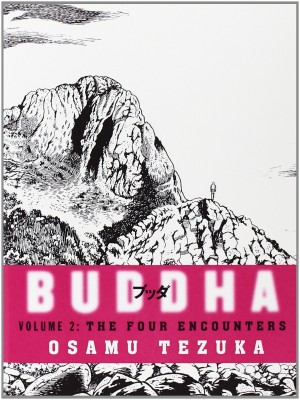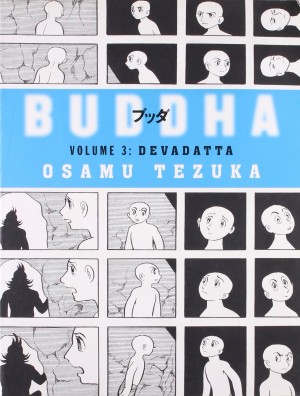Review by Karl Verhoven
As he’d done previously, Tsugumi Ohba shifted the ground brilliantly in Death Note 7. Much changed. Previous cast members had served their purpose and died, the present day action jumped forward four years, and the existence of the death notebook is now known to the FBI and other less trustworthy people. Now just past his teenage years, prodigy Light Yagami leads the small Japanese task force dedicated to tracking down the anonymous killer labelled Kira, only his girlfriend and collaborator Misa aware that he’s actually Kira himself. Also among that task force is his father, Tokyo’s deputy police chief.
This duality requires a considerable package of self-justification in the opening sequences as Yagami’s younger sister is abducted to be exchanged by parties unknown for a notebook known to be in the hands of the Japanese police. Readers are more informed than Yagami as they are aware of both how other parties know of the notebooks, and who wants them, and while he’s been under suspicion previously, this is the first book in which events move beyond Yagami’s control. The people he’s now dealing with match his intelligence and planning ability, and have formidable resources. The likes of “I can’t expect anything worthwhile from you” is a phrase never directed toward Yagami in the series to date, and it’s not the only occasion where he’s brusquely dismissed.
There’s a greater variation of locales for Takashi Obata to illustrate in this book, and he surely must be extremely grateful for the opportunity. For the first time the action moves out of Japan, to the USA, and Ohba introduces a further complication back in the realm of the Death Gods, to whom the notebooks at issue actually belong. It enables Obata’s use of some characters he designed near the start of the story. Another artistic technique employed is that of distraction. With the locations remarkably similar until this book, use has been made of elaborate constructions as some characters fiddle with their hands during conversations. This book ups that game considerably.
It also ups Yagami’s game considerably. A continually remarkable aspect of Death Note is the utter unpredictability of the story. There’s very rarely an element that progresses anywhere near what might be expected, and several massive changes of direction have occurred, yet this is completely without a sense that anything is being artificially protracted. The ground has again shifted, yet Death Note remains a compelling thriller. The fourth larger sized Black Edition combines this with the previous book. We’re now heading to the end, so will Death Note 9 add to the mystery or provide some answers?
